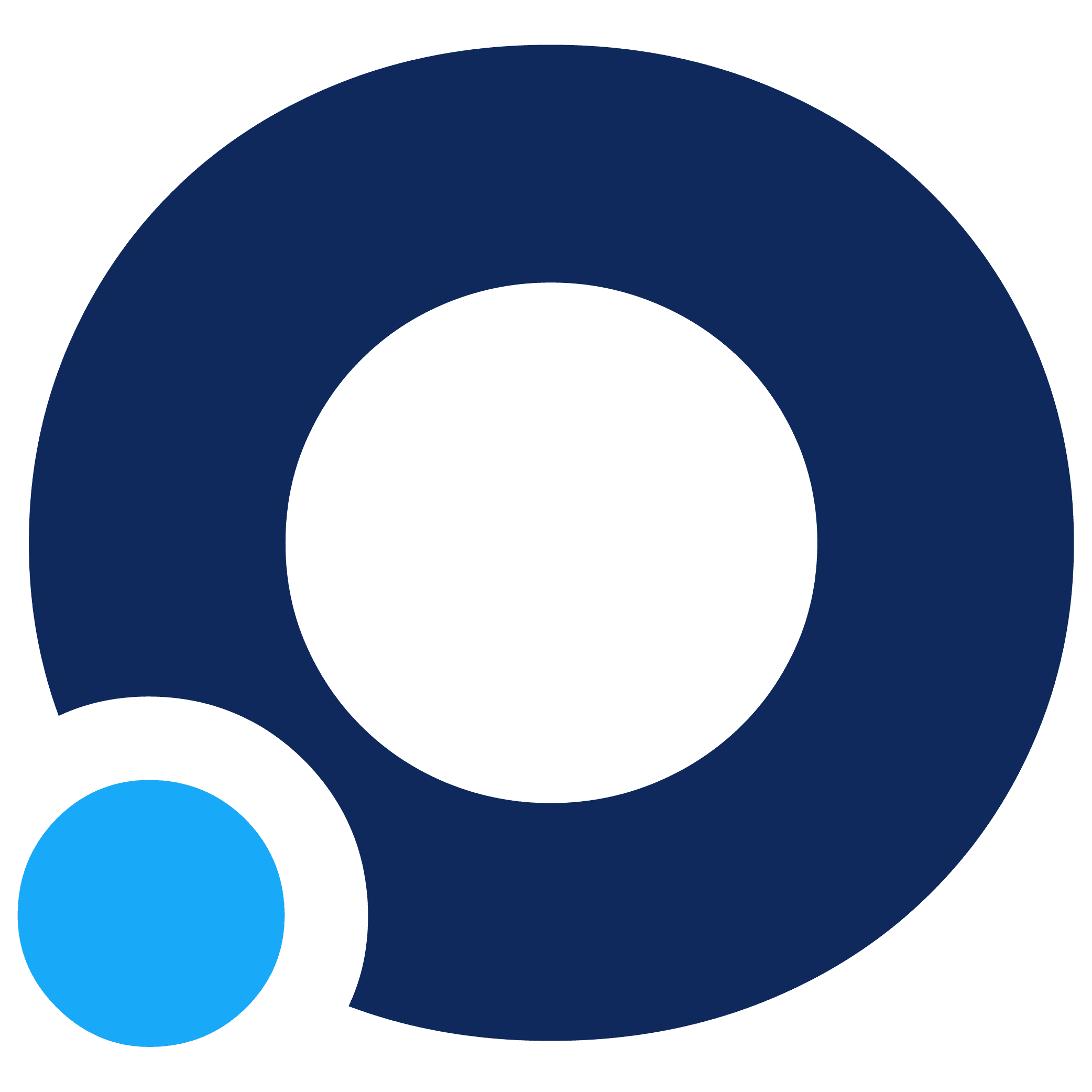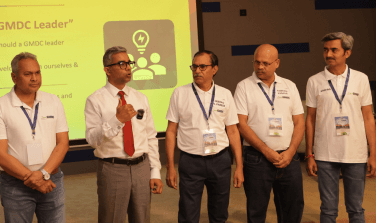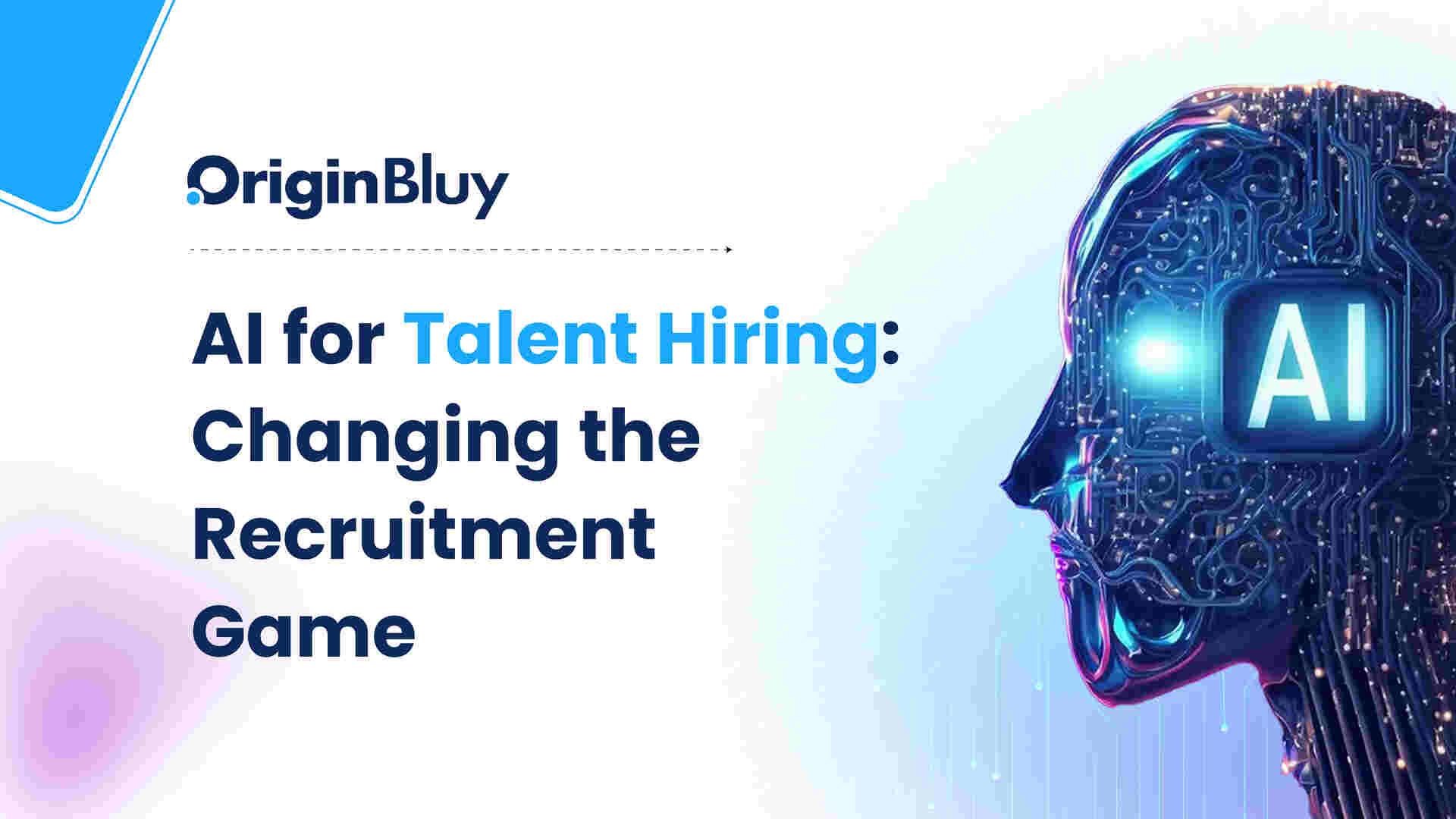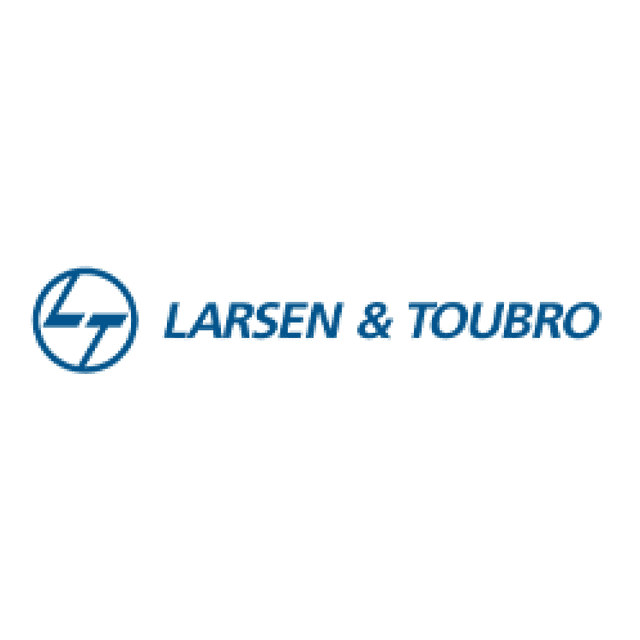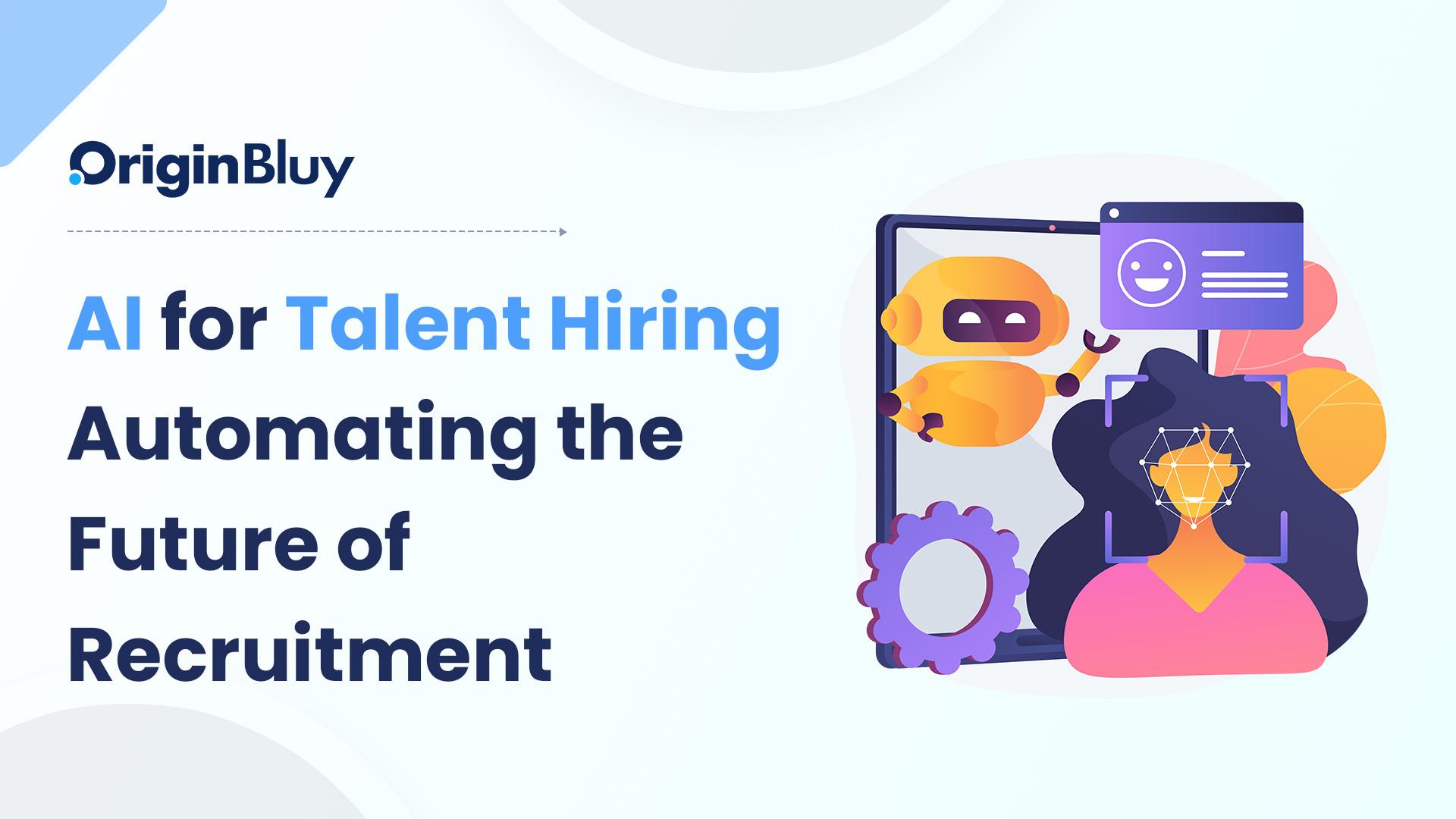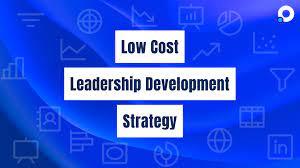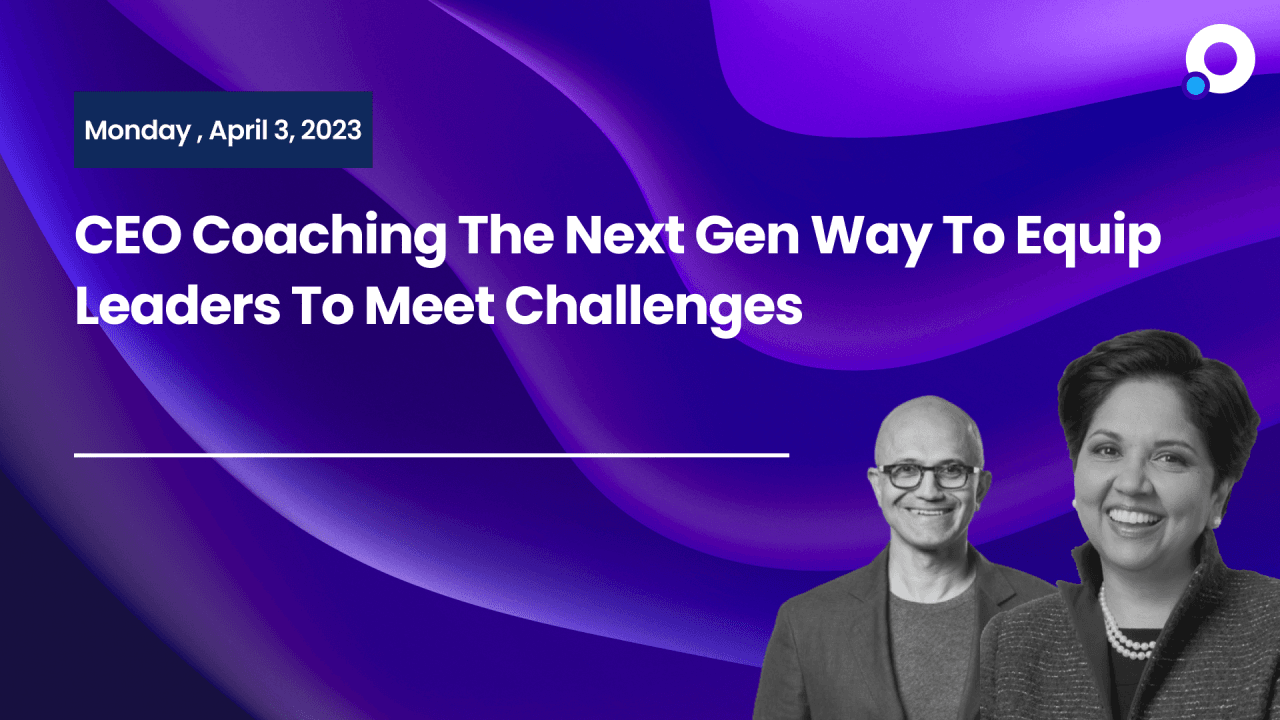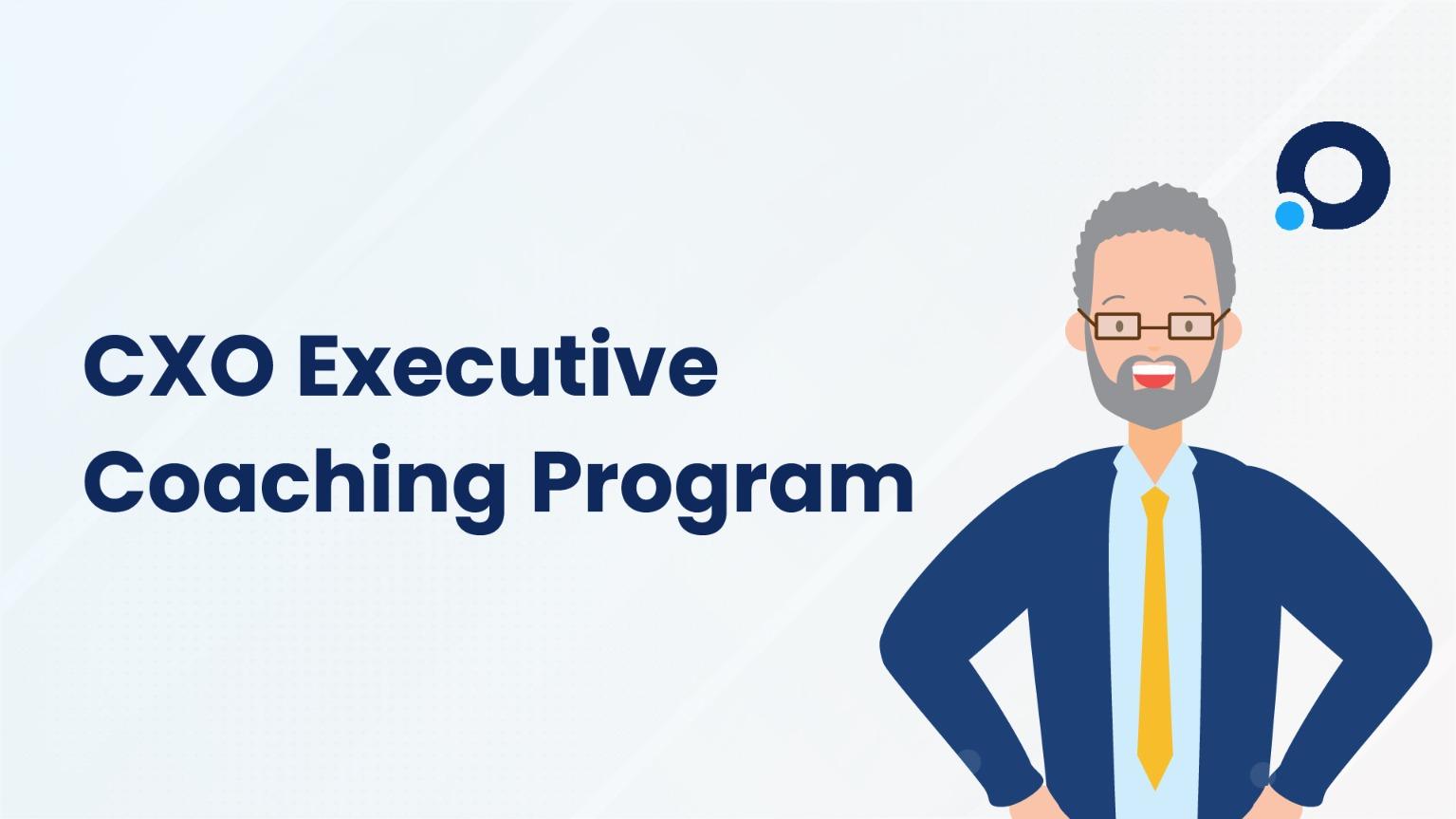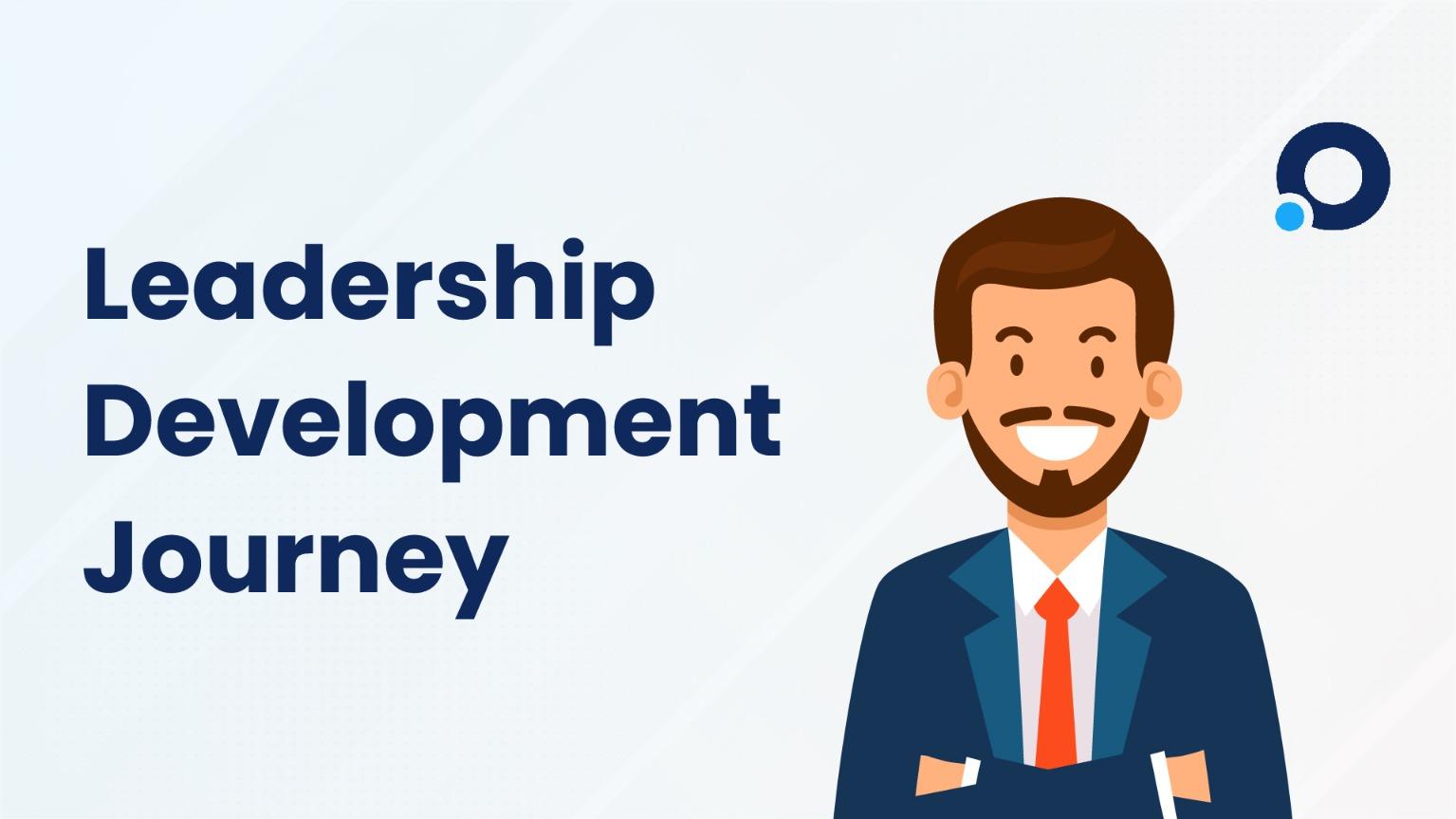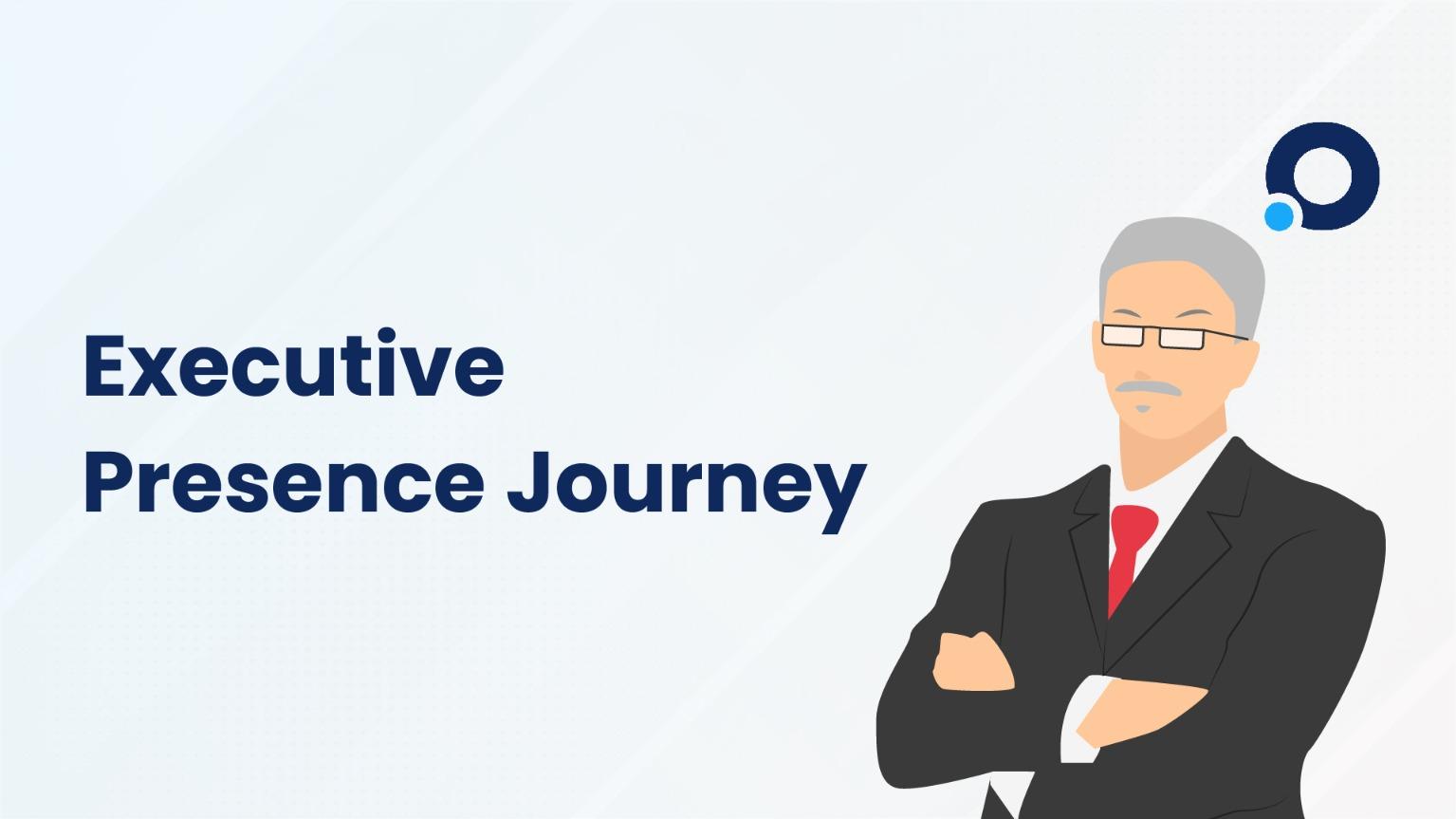According to a 2022 Jobvite survey, “46% of hiring managers receive 100+ applications per open position.”
In a world where the volume of job applications can be overwhelming, it is dreadful to screen all the applications and then find the right talent for an organization.
Imagine a future where the right candidate for the job is always just a click away, where hiring decisions are made smarter and faster. That future is now.
As organizations across India and the globe embrace AI for talent hiring, they are witnessing a shift in how talent is sourced, assessed, and engaged.
It's not just about technology; it's about transforming the way we connect talent with opportunity.
This blog delves into the heart of this transformation, exploring the unparalleled benefits AI brings to talent hiring, its current state, and the possible future.
Let’s dive into the depth of what AI can do for the hiring industry.
What is AI For Talent Hiring
When companies need to hire someone, they usually get a lot of applications. Going through all of them can take a lot of time. AI for talent hiring helps recruiters automate the entire process of finding the right people for a job using Artificial Intelligence (AI) technologies.
AI uses deep learning algorithms, natural language processing, and predictive analytics, to help automate and optimize various aspects of talent acquisition.
It matches the candidate’s skills with the company's needs to find the best people for their jobs.
Benefits of AI For Talent Hiring
Before understanding the implementation of AI in hiring, let's explore its benefits:
Enhanced Efficiency
AI makes hiring faster by automating repetitive tasks like screening through resumes. It works like a speedy filter, picking out the best resumes that are aligned with an organization’s needs in no time. This means companies spend less time sorting applications and more time talking to the best candidates.
Improved Candidate Quality
AI uses special algorithms to figure out which candidates fit a job best. It looks at their skills, experience, and even how well they might fit into the company culture. This way, companies are more likely to find people who are not just good on paper but will also do well in the actual job.
Bias Reduction

Sometimes, without realizing it, people making hiring decisions can be biased. This is where AI helps reduce this by focusing only on the important job skills and qualifications, not on factors like a person's background, gender, or where they come from. This results in fair hiring for everyone.
Better Candidate Experience
AI for talent hiring not only helps recruiters but also candidates. Organizations can set up chatbots to answer candidates’ questions quickly. This helps candidates get answers fast and feel more involved in the process, without actually involving hiring professionals.
Personalized Recruitment Strategy
AI can analyze past hiring successes and patterns to create a personalized recruitment strategy for each job opening. From suggesting where to find the best candidates to writing job ads, AI can help in the entire recruitment process. This tailored approach helps companies target their recruitment efforts more effectively.
The Need for AI For Talent Hiring
AI emerges as a critical solution to the challenges of the modern HR department, offering innovative and efficient ways to not only address current needs but also anticipate future demands in talent acquisition.
Here are five key reasons why AI for talent hiring is the need of the hour:
Scaling Recruitment for Growth
As organizations expand, their talent needs become more complex and voluminous. AI allows companies to scale their hiring processes efficiently, ensuring they can meet the growing demands of the company without compromising on the quality or speed of hiring.
Accessing Deeper Insights from Big Data
The recruiting executives end up with a vast amount of data on every job opening. By integrating AI into the process, analyzing this big data becomes effortless. It provides deeper insights into candidate pools, market trends, and recruitment strategies, which are beyond the capacity of traditional methods.
Enhancing Global Talent Reach

The best fit for your organization might be sitting overseas, which is quite difficult to know with the traditional methods of hiring. AI breaks these geographical barriers in talent acquisition. It enables companies to access and assess a global talent pool efficiently, which is crucial in a world where remote work and international teams are becoming more common.
Automating Compliance and Reducing Legal Risks
Laws and legalities are different in each demographic area and it can be overwhelming to keep a check on the same. AI can help in ensuring that recruitment processes comply with various regional and international employment laws and standards, reducing the risk of legal issues and maintaining ethical hiring practices.
Predictive Analytics for Future Hiring Needs
AI doesn't just streamline current hiring processes; it also uses predictive analytics to forecast future hiring needs. This allows companies to proactively plan their talent acquisition strategies, aligning them with long-term business objectives
How AI is Transforming the Entire Hiring Process
Aforementioned are five distinct points illustrating how AI is transforming each stage of hiring:
Job Posting and Sourcing Candidates
AI enhances job postings by optimizing them for relevant keywords, ensuring they reach the most suitable candidates. AI algorithms can also identify the best platforms to post on, based on where potential candidates are most likely to be active, including niche job portals and social media channels.
Initial Candidate Screening
During the initial screening phase, AI efficiently sifts through large volumes of applications to shortlist candidates. It can quickly analyze resumes and application forms for specific criteria such as education, skills, and work experience, filtering out those that don’t meet the job requirements of an organization.
Interview Scheduling and Coordination
After identifying the right potential candidates, AI-driven tools can help a company automate the scheduling of interviews. This is done by coordinating with the calendars of both the candidates and the interviewers. This reduces administrative workload and speeds up the process, ensuring timely interactions with potential hires.
Conducting Preliminary Assessments
For most job positions, companies now design some sort of assessment for the candidate. AI is capable of administering preliminary assessments such as technical tests, language proficiency exams, or personality assessments. These AI-driven assessments can provide objective data on candidate capabilities, helping in the decision-making process.
Post-Interview Analysis and Decision-Making
After interviews and assessments, AI can assist in analyzing feedback and scores from interviewers, collating this data to give a comprehensive view of each candidate. AI tools can also suggest the best-fit candidates based on this analysis, aiding in making more informed hiring decisions.
Tips to Incorporate AI For Talent Hiring
Incorporating AI into your talent hiring process can be a game-changer, but it requires careful planning and execution. Here are some key tips to ensure successful integration and utilization of AI in your recruitment strategy:
Define Clear Objectives
Before implementing AI, identify what you want to achieve. Ask yourself a couple of questions.
Are you looking to speed up the hiring process, improve the quality of hires, or reduce bias?
How will you ensure aligning your team to this technology advancement?
By finding the answers to these questions, you will have clarity of the overall objectives. This will also help you choose the right AI tools and measure their effectiveness.
Select AI Tools Wisely
There are various AI tools available, each with different features. Choose tools that align with your specific recruitment needs and objectives. Consider factors like ease of integration with your current HR systems, user-friendliness, and scalability. At the same time, it is important to understand the pricing of each tool and ensure that it matches with the budget set by your organization.
Ensure Data Quality and Accessibility
AI systems rely on data to function effectively. If you put messy data in the system, you might not get the desired results. Ensure that you have access to high-quality, relevant data. This might involve cleaning and organizing existing databases or establishing new methods for data collection.
Train Your Team
Ensure that your hiring team is adequately trained to use AI tools. This step can make or break the deal for your organization. This training should not only cover how to operate the software but also how to interpret AI-generated insights and make data-driven decisions. Ensure that all team members are on the same page to expect results.
Monitor AI Performance and Gather Feedback
Once you choose the tools you want to incorporate into your hiring system, ensure regular monitoring of these tools’ performance against your objectives. Gather feedback from users (both recruiters and candidates) to identify any issues or areas for improvement. Be prepared to make adjustments or choose different tools as necessary.
By following these tips, you can effectively incorporate AI into your talent hiring process, enhancing efficiency, decision-making, and overall candidate experience.
AI Tools For Talent Hiring

To help you in each step of the hiring process, here are some tools that can come in handy:
1. Dive Deeper – Talent Sourcing
Gone are the days of scouring generic job portals. Unleash the power of AI market intelligence tools like LinkedIn Talent Solutions and Hiretual to analyze trending skills, uncover hidden talent pools, and build diverse candidate puddles tailored to your evolving needs.
2. Say Goodbye to Resume Pile Fatigue – Screening
Imagine a virtual assistant diligently sifting through mountains of resumes, identifying top contenders with uncanny accuracy. Tools like Greenhouse and Smart Recruiters leverage AI to scan resumes and applications against your pre-defined criteria, highlighting keywords, skills, and experiences that match your ideal candidate profile.
3. Interviewing Reimagined: Beyond the Resume
First impressions matter, but AI goes beyond gut feelings. Platforms like HireVue and Interviewing.io integrate video interviewing with AI-powered analysis, identifying subtle cues and revealing soft skills like communication, teamwork, and cultural fit. Picture objectively assessing emotional intelligence and resilience alongside technical prowess, this is what AI does for you.
4. Competitive Package Builder: Data at Your Fingertips
Salary negotiations can be a delicate dance. Enter AI-powered compensation tools like Compensation Insights and Salary.com. Analyze real-time market rates, historical trends, and individual candidate profiles to craft competitive salary packages and benefits that attract top talent without breaking the bank.
5. From Onboarding to Ongoing Engagement:
The onboarding process can be a lot more than you think. AI-powered chatbots like BambooHR and personalized content delivery systems like Glint personalize the onboarding experience, answering questions, providing resources, and building a sense of belonging. This ensures that new hires feel supported and engaged from the very first step, setting the stage for long-term success and reduced turnover.
How Can AI For Talent Hiring Help in Reaching Organizational Goals
Integrating AI in to the talent hiring process aligns closely with organizational objectives in unique ways. Here's how AI specifically contributes to reaching these goals:
Strategic Workforce Planning
AI's predictive analytics capabilities allow organizations to predict future staffing needs and skills requirements. This foresight enables strategic workforce planning, ensuring the organization is prepared for future challenges and opportunities.
Enhancing Employer Branding
AI-driven recruitment processes can enhance an organization's employer brand. A swift, transparent, and interactive hiring process, powered by AI, creates a positive impression among potential candidates, positioning the company as a forward-thinking and employee-centric organization in the market.
Driving Innovation Through Diverse Hiring
By facilitating unbiased and diverse hiring, AI helps create teams with varied perspectives and backgrounds. This diversity is a key driver of innovation within organizations, as it leads to more creative problem-solving and futuristic idea generation.
Optimizing Talent Utilization
AI can help in identifying internal candidates for open roles, facilitating internal mobility and optimal utilization of existing talent. This not only saves on hiring costs but also contributes to employee satisfaction and retention.
Maintaining Compliance and Mitigating Risks
AI tools can ensure that hiring practices remain compliant with evolving labor laws and regulations. This compliance is crucial for mitigating legal risks and maintaining the organization's reputation.
Future of AI in Talent Hiring
The future of AI in talent hiring is as exciting as it is transformative. Here's a look at what we can expect, backed by recent statistics and trends:
1. Advanced Predictive Analytics
Going beyond simple resume matching, AI will leverage the ever-growing data pool to predict candidate success, future talent needs, and workforce trends with remarkable accuracy. A 2023 Gartner report highlights that by 2026, AI will be 80% effective in predicting employee performance.
2. Hyper-Personalization
AI will create tailored experiences for both candidates and recruiters. Future AI tools will refine such personalization, recommending jobs and optimizing communication-based on individual preferences and career goals.
3. AI-Powered Tech Integration
Imagine immersive 3D job simulations with VR or gamified assessment centers powered by AR. The integration of AI with cutting-edge technologies like VR and AR is on the rise, promising interactive and engaging candidate experiences that could redefine traditional assessments and interview processes.
4. The Dawn of AI Recruiters
While fully autonomous AI recruiters may seem distant, the future is closer than we think. Gartner predicts that by 2025, AI will handle at least 20% of repetitive tasks currently performed by HR professionals, paving the way for partially autonomous AI recruitment assistants.
5. Ethical AI and Bias Mitigation
Ensuring transparency and combating bias in AI-powered hiring will be crucial. A 2023 Deloitte survey revealed that 62% of HR leaders are concerned about potential bias in AI recruitment technology. Future AI will be built with fairness and inclusivity in mind, utilizing techniques like blind resume screening and diverse data sets.
6. Skills and Potential Take Center Stage
AI will shift the focus towards a candidate's skillset and adaptability over traditional qualifications. Platforms like Coursera's Skills Graph allow for dynamic skills assessment, and AI will further evolve to predict a candidate's learning agility and potential for growth.
7. Beyond Acquisition: AI-Powered Talent Management
The impact of AI goes beyond recruitment. A 2023 McKinsey report predicts that AI will drive at least 20% of talent development and retention initiatives by 2030. Imagine AI identifying potential flight risks among employees or suggesting personalized learning paths based on skill gaps. The future of AI in talent hiring is not just about automation; it's about creating a more agile, data-driven, and ethical talent management ecosystem
Are You Ready to Harness the Potential of AI in Your Talent Hiring Process?
The landscape of talent hiring is being transformed by AI, from automating and streamlining the hiring process to enhancing candidate engagement and optimizing workforce planning. As we've explored, AI in talent hiring is not a fleeting trend; it's a robust, evolving tool that aligns with and supports broader organizational goals. The future promises even more advanced applications of AI, driving efficiency, innovation, and inclusivity in recruitment strategies.
Embracing AI in talent hiring is not just about keeping up with technology; it's about staying ahead in a competitive and ever-changing business environment.
Contact us today to explore our AI-powered recruitment solutions and take a significant step toward transforming your hiring strategy.
Let's work together to bring the future of recruitment to your organization now.


